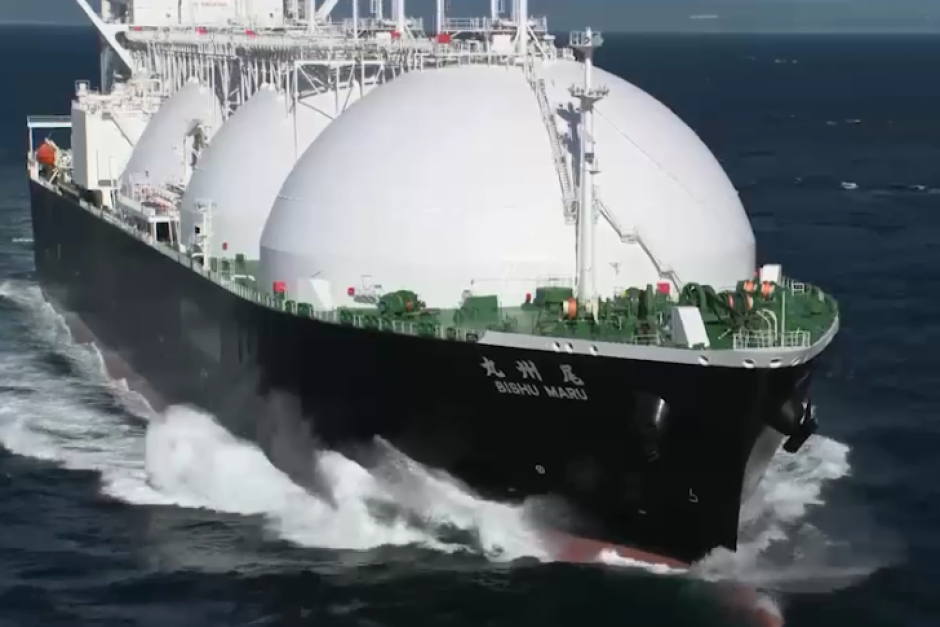
Published :
Updated :

The government is planning to import two more spot liquefied natural gas (LNG) cargoes in July to increase gas supply to industries and other commercial users-excluding power plants-amid efforts to stabilise energy supply for production.
State-run Rupantarita Prakritik Gas Company Ltd (RPGCL) has floated a couple of tenders to purchase the two spot LNG cargoes for delivery windows of July 15-16 and July 17-18, a senior RPGCL official told The Financial Express on Saturday.
Each of the spot cargoes will carry around 3.36 million British thermal units (MMBtu) of LNG.
The successful bidder will deliver the LNG cargo at Moheshkhali island in the Bay of Bengal, with options to offload at either of the country's two floating storage and re-gasification units (FSRUs) located there.
If these tenders are successful, the total number of spot LNG cargoes purchased in early July will reach five. The country may also seek to buy more spot LNG shipments in late July, the official said.
Bangladesh has already purchased three spot LNG cargoes for delivery in June.
RPGCL, a wholly owned subsidiary of state-run Petrobangla, oversees LNG trading for Bangladesh.
The country recently awarded its latest spot LNG cargo tender to POSCO International Corporation of South Korea for the July 11-12 delivery window at a price of $12.68 per MMBtu.
Officials said the interim government has opted to ramp up spot LNG imports, targeting six additional cargoes to boost supply of re-gasified natural gas (R-LNG) for industrial use.
Gas supply to industries has already increased since early June, following the arrival of additional spot cargoes, according to a senior Petrobangla official.
The government aims to augment gas supply to industries by around 250 million cubic feet per day (mmcfd), by both increasing spot LNG imports and diverting supply from gas-fired power plants.
According to data from the Ministry of Power, Energy and Mineral Resources (MPEMR), average gas supply to industries during the first four months of 2025 (until April) stood at 997 mmcfd, compared to 823 mmcfd during the same period a year earlier.
However, this expanded supply comes at a cost. The MPEMR estimates that the government will need to provide subsidies worth around Tk 35 per cubic metre for the additional LNG meant for industries. While the import cost of LNG is about Tk 65 per cubic metre, it is being sold at Tk 30 to new industries and Tk 31.50 for captive power plants.
To facilitate this diversion, Petrobangla plans to reduce gas allocations to gas-fired power plants to 1,050 mmcfd from the current 1,200 mmcfd.
Bangladesh currently imports LNG under long-term contracts from QatarEnergy and OQ Trading International, and supplements this with spot purchases. The two operational FSRUs at Moheshkhali have a combined re-gasification capacity of 1.1 billion cubic feet per day (Bcfd).
The country continues to face an acute energy crisis, exacerbated by declining domestic natural gas production.
As a result, gas rationing remains in place across power plants, industrial units, and other major consumers to manage mounting demand with limited supply.
Azizjst@yahoo.com


 For all latest news, follow The Financial Express Google News channel.
For all latest news, follow The Financial Express Google News channel.